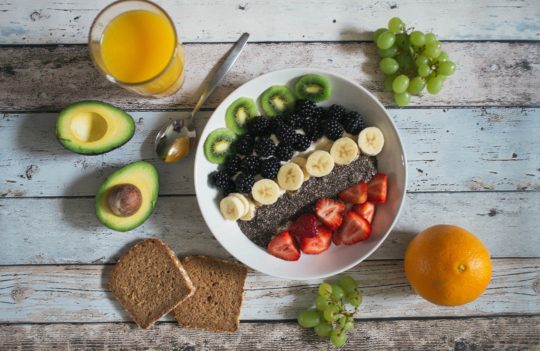
A diet high in fruit, veg, fibre and dairy is linked to lower stroke risk, study finds
Various media sources have reported that eating fruit, vegetables, fibre and dairy is linked with a lower risk of stroke. This follows a large European cohort study that looked at the link between different food groups and the risk of stroke in more than 400,000 people (average age 50 years) from 9 European countries. During

Most Commented